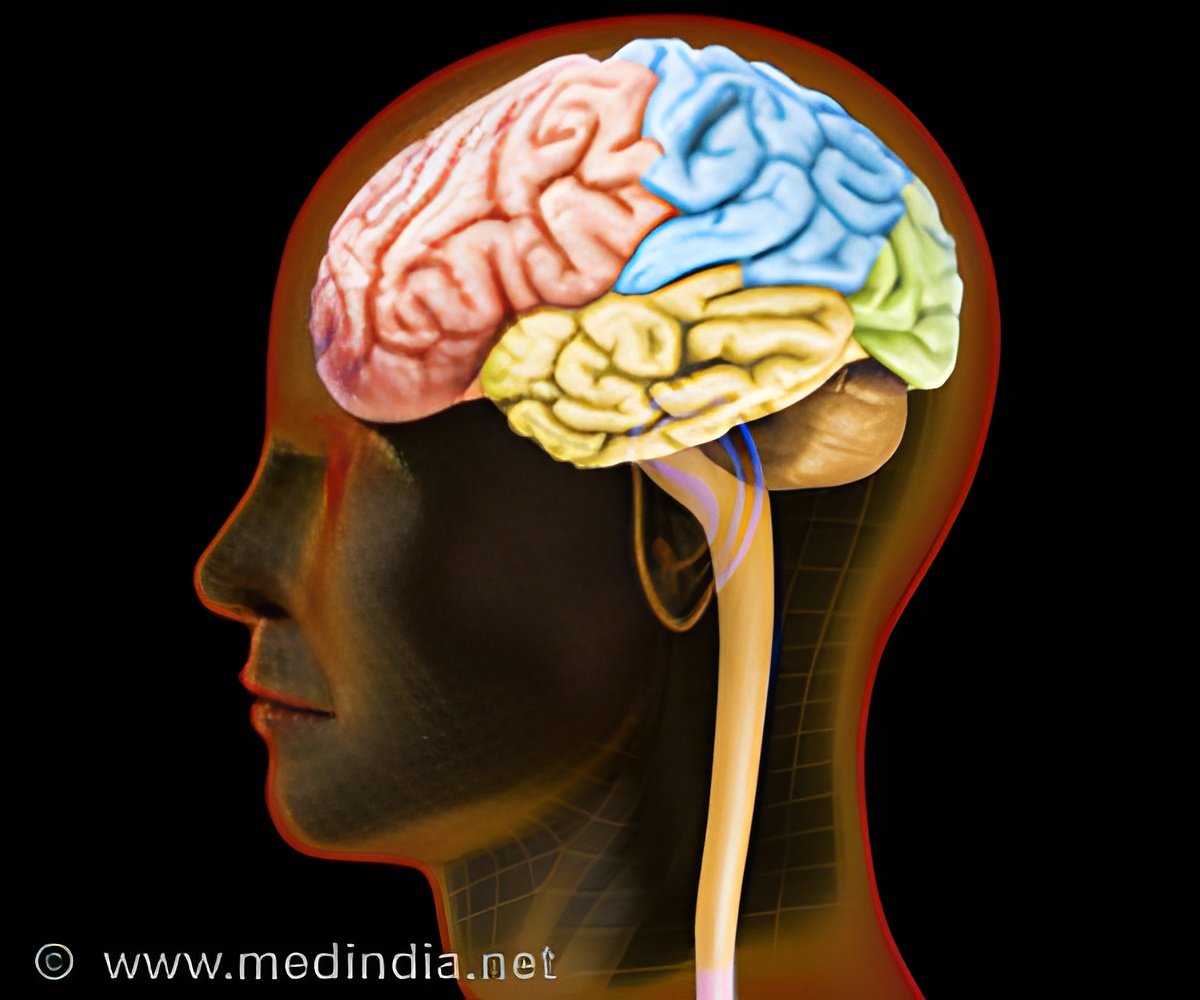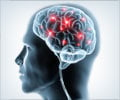The innovative stroke diagnosis using saliva could be of tremendous advantage, particularly for countries lacking easy access to brain scanning equipment.

Researchers aim for rapid biomarker diagnostic test for stroke, using saliva
Go to source). Funded by the Stroke Association (2✔ ✔Trusted Source
Stroke Association
Go to source), the Golden HOur for STroke (GHoST) study will involve the West Midlands Ambulance Service University NHS Foundation Trust, Midlands Air Ambulance Charity, and University Hospitals Birmingham NHS Trust and industry partner Marker Diagnostics. A successful outcome could also revolutionize the way emergency treatment for stroke is managed.
‘Want a faster and more accurate stroke diagnosis? Researchers are developing a new test that helps detect crucial biomarkers in blood, urine, or saliva, ensuring rapid and precise identification of stroke. #strokediagnosis #strokemanagement
’





Rapid transfer to hospital and diagnosis is incredibly important if stroke is suspected. Time lost is brain lost, which is why rapid diagnosis and treatment are key to reducing risk of death and severity of disability. Some treatments, such as thrombolysis (clot busting drugs) or mechanical thrombectomy (manual clot removal) are most effective when administered within hours of symptom onset. Ambulance personnel currently use symptom checklists to identify stroke, with a full assessment usually taking place at a Hyperacute Stroke Unit and followed by transfer to a specialist neuroscience unit for treatment. In the UK, this transfer can add at least an hour to the treatment pathway.
Professor Belli’s research team has previously identified that the concentration of specific molecules in saliva changes rapidly after a traumatic brain injury. A three-year study in elite rugby established that these biomarkers can be used in next-generation diagnostic tests that can rapidly and reliably detect concussion.
Pioneering Non-Invasive Diagnostic Tests for Concussion and Stroke
He explained: “Our previous studies detected ultra-early biomarkers and cellular responses that had never been reported in human studies before and resulted in a non-invasive diagnostic test that could change the way concussion is managed. In conjunction with our industry partner Marker Diagnostics, we’re now looking to repeat this success with stroke.”The GHoST study will use the same methodology as these previous highly successful trials. Trained paramedics will collect saliva, blood and urine samples from patients with suspected stroke within the first hour after the onset of symptoms. Further sampling of blood, saliva and urine will continue in hospital, while patients receive standard clinical care.
The research team will pay particular attention to salivary small non-coding RNAs (sncRNAs). These small molecules, which are abundant in saliva, were probably the most exciting discovery in previous studies, which showed that they could be used in tests to differentiate between concussed and non-concussed patients.
Advertisement
While the GHoST study will be the first to investigate whether there are sncRNAs that are specific to stroke, previous studies have confirmed stroke-specific RNA biomarkers in the blood.
Identifying sncRNAs: A Breakthrough in Stroke Diagnosis
The researchers hope to identify sncRNAs that will accurately identify stroke and distinguish it from stroke-mimicking conditions, such as seizure or migraine, which account for 30-40% of emergency ambulance admissions with suspected stroke.Advertisement
Dr. Richard Francis, Head of Research at the Stroke Association said: “We are excited to be funding this study because it has the potential to reduce death and disability caused by strokes, both in the UK and around the world. Currently, paramedics in the UK rely on the FAST test to assess whether someone is having a stroke. In the absence of brain scanning equipment, FAST is the best diagnostic tool we have. This diagnostic test offers the potential to diagnose stroke in patients more quickly, enabling suitable patients to receive appropriate treatment speedily, therefore, leading to better outcomes.”
It’s essential to contact emergency services immediately if a stroke is suspected. The world-famous stroke acronym, FAST helps people to recognise the signs and symptoms of a stroke: Face, Arms, Speech, and Time (to call an ambulance) – Act FAST.
Dr. Francis added: ”FAST is not perfect. At the moment, paramedics can mis-diagnose other conditions, such as seizures, as stroke, and not all stroke patients have FAST symptoms. Having a saliva test would be a massive step forward in pre-hospital diagnosis for stroke and really help people to get the right diagnosis, to get to the right hospital for the right treatment and in the quickest time.”
References:
- Researchers aim for rapid biomarker diagnostic test for stroke, using saliva - (https://www.birmingham.ac.uk/news/2023/researchers-aim-for-rapid-biomarker-diagnostic-test-for-stroke-using-saliva)
- Stroke Association - (https://www.stroke.org.uk/)















